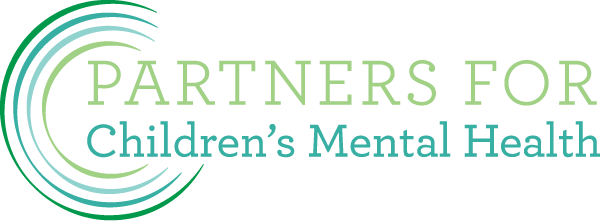Why DBT?
Dialectical Behavioral Therapy, or DBT, is an evidence-based therapeutic approach for youth who struggle to manage intense emotions and deal with stressful situations. It’s helpful for youth with impulsive behaviors and those experiencing thoughts of suicide. Through DBT, teens learn specific skills that help them live in the moment, develop healthy ways to cope with stress, regulate emotions, and navigate social relationships. DBT includes techniques related to mindfulness, distress tolerance, emotional regulation, interpersonal effectiveness, and walking the middle path. Watch the videos below to learn more about specific techniques.
